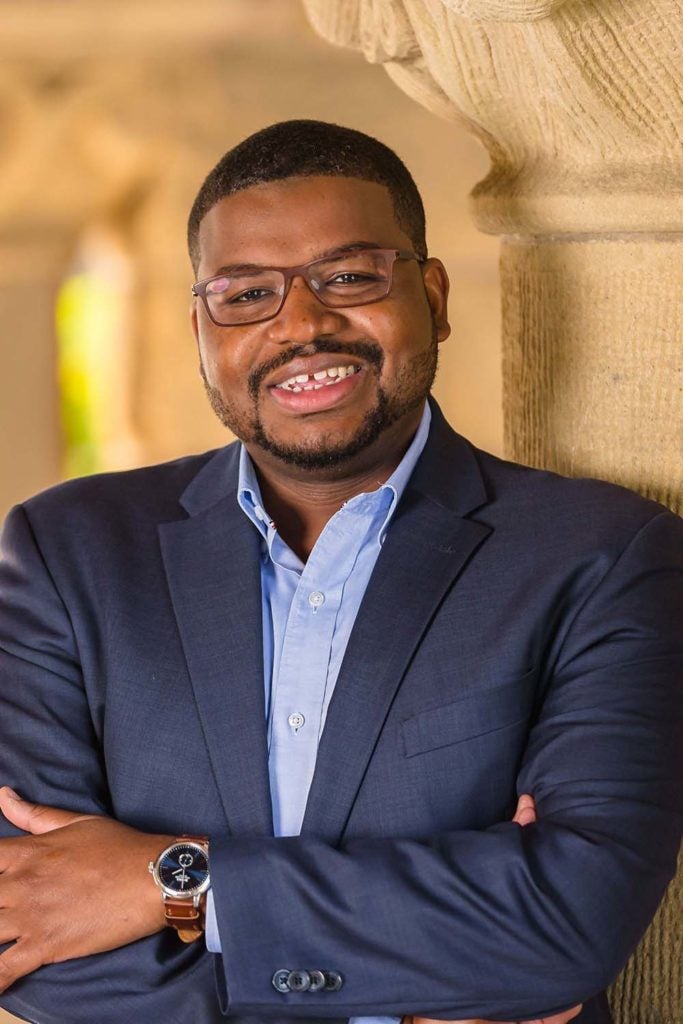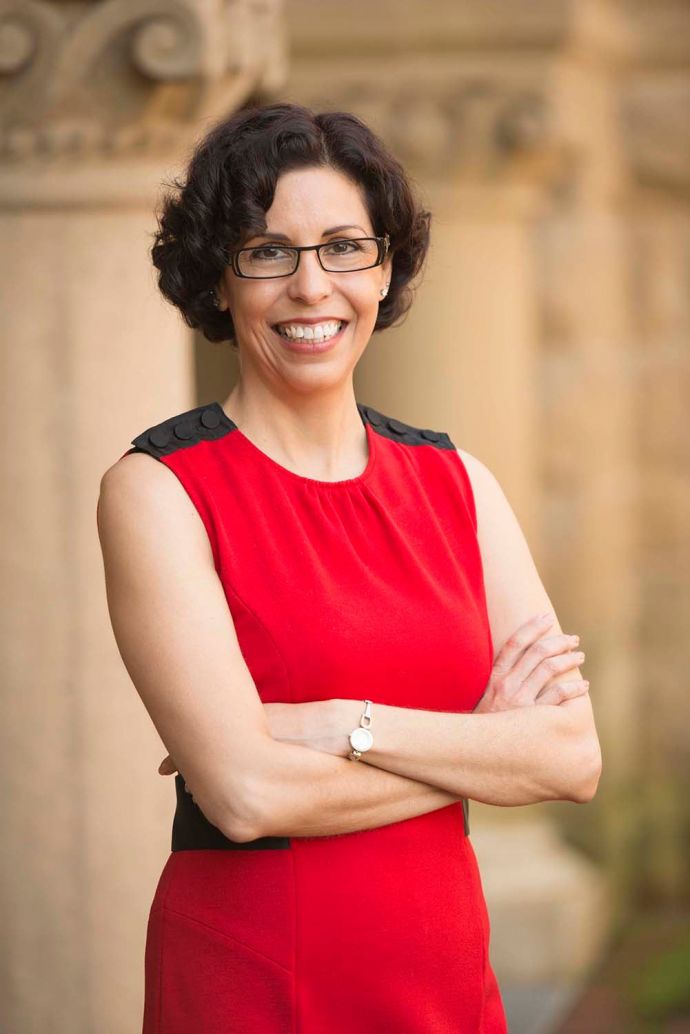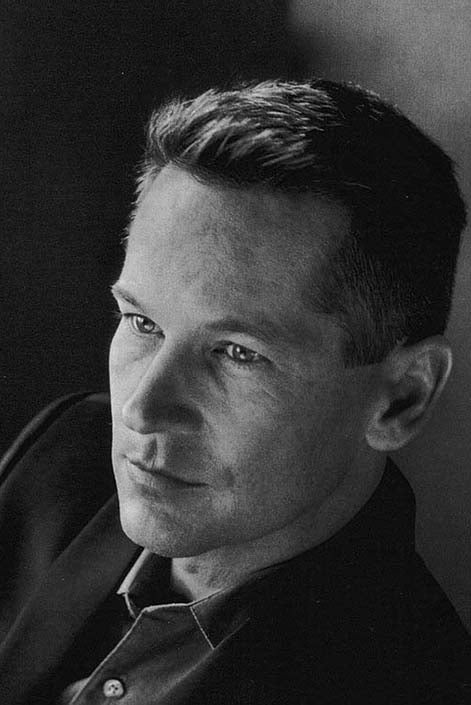As Black History Month comes to a close, Stanford faculty reflect on the crucial contributions of Black Americans that should be studied and celebrated not only during February but also throughout the year. Whether examining the impact of writers like Toni Morrison, Civil War-era abolitionists or present-day political activists in Georgia, scholars from the humanities and social sciences emphasize that the history of Black Americans is essential to understanding our nation and our world.
Below, scholars from the School of Humanities and Sciences talk about how an understanding of Black history has shaped them personally and is integral to their research and work.
Hakeem Jefferson
Assistant Professor, Political Science
This year’s Black History Month comes on the heels of a white supremacist insurrection at the U.S. Capitol. With this tragic event in mind, I am reminded that Black people have long served as the conscience of nations around the world in moments of crisis. I am reminded of brave abolitionists and freedom fighters and artists and everyday people who, with everything to lose, including life itself, have stood as vanguards and safekeepers of our democracy. And as a political scientist whose work tries to highlight the diversity and complexity of Black politics, I am reminded of Black activists and organizers in places like Georgia and Texas and Arizona who are working right now to make real the promise of democracy not just for Black people but also for all of us.
As a community of scholars, we have an opportunity to join these efforts, and this Black History Month offers us another opportunity to recommit ourselves to the cause of democracy – a cause Black people in this country have been advancing for generations and continue to advance today. The real question is whether we have the courage to stand with them.
Tomás Jiménez
Associate Professor, Sociology
Black history is American history. At each step in our nation’s development, Black Americans have led the call and shown by example how to live out the promise in our founding documents. Living up to that promise is an ongoing project. Taking up the challenge of that project requires reckoning with the ways that institutions and individuals have subjugated Black Americans through direct action, inaction or both. It also requires honoring the contributions of Black Americans to every aspect of American life, from politics and science, to art and spirituality.
It is well worth honoring the widely known individuals who have made those contributions. But we should also lift up individuals for whom there will never be a monument or plaque, but who have worked in every facet of American life to make our country a better place. They too made and continue to make Black history; to make American history.
Paula M. L. Moya
Danily C. and Laura Louise Bell Professor in the Humanities
Professor, English
I study literature written by people of African descent not just for its wisdom, profundity, sadness and humor, but also because not to do so would leave me ignorant of a crucial history that has contributed fundamentally to making our nation what it is.
Toni Morrison is, for me and so many others, a beacon of wisdom and truth. Her writings, along with those of Frantz Fanon, Audre Lorde, Toni Cade Bambara and James Baldwin (among others), have taught me important lessons about how I, as a human being and also as a woman of color, can live with generosity in this challenging but beautiful world. I treasure their words, I carry them around in my heart and I use them to guide me as I make difficult decisions about who to care for and how to love even those who might not seek to love me back.
Patrick Phillips
Professor, English
Interim Director, Creative Writing Program
I see the history of Black Americans as another name for real American history – for our full history as a nation. And I think more people are finally rejecting a whitewashed version of the past, designed to protect white people from ever facing the monumental crimes of our ancestors, and from ever acknowledging the central role of African Americans in building American prosperity.
I learned this firsthand when I was doing research for a book about my hometown’s long-hidden history of lynching, white-supremacist terror and land theft. It also chronicles the lives of heroic Black residents who, amid crushing injustice, built new lives in post-Emancipation Georgia.
As a white southerner, I see the study of Black history as an urgent corrective to white America’s long tradition of willful ignorance and complicit silence. For as James Baldwin said, “it is not permissible that the authors of devastation should also be innocent. It is the innocence which constitutes the crime.”
Steven O. Roberts
Assistant Professor, Psychology
“History is not the past. It is the present. We carry our history with us. We are our history.” —James Baldwin
We, as individuals and as a collective, cannot understand ourselves if we do not understand Black history. And the term itself is important to contextualize. Black history is U.S. history. It is human history. To understand Black history is to know the strength and resilience necessary to affirm one’s humanity, as affirmed by Malcolm and Queen Nzinga and many others. To understand Black history is to feel the heart and depth necessary to sing in soul, as sang by Aretha and Cooke and many others. To understand Black history is to understand what has been and what should be.
There ain’t no history like Black history, and I’m so honored to carry that history with me.
Media Contacts
Joy Leighton, School of Humanities and Sciences: joy.leighton@stanford.edu




